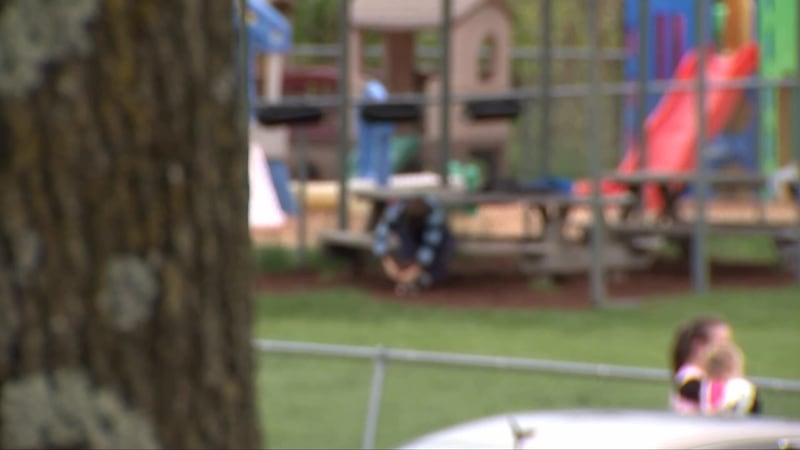PITTSBURGH — A man from Pittsburgh is part of a medical trial that might be the catalyst to change federal law.
PHOTOS: Pittsburgh man part of medical trial that could change federal law on organ transplants
We brought you Donnie Little Hamilton’s story six years ago. He was the first Pennsylvanian with HIV to have a kidney transplant from a donor with HIV.
Now, six years later, the New England Journal of Medicine just published data from 200 patients.
“I’m very happy to say everything’s great,” said Dr. Ghady Haidar a UPMC Associate Professor and Transplant Infectious Disease doctor. “We had some concerns early on like ‘how’s the kidney going to be? Are you going to get infected by HIV from your donor? Are you going to get more infections?’ And none of this really panned out.”
Take it from Donnie.
“I feel wonderful. I’ve not had any bad days for a long time,” said Donnie.
He’s back to making clothes, not to mention the gardening, dog walking, and preaching he can do at his church regularly.
He thanks his husband, Dr. Ronald Hamilton and his helper Ty Adams.
“When you have a support group, if it’s just one person, you don’t know how amazing it is,” said Donnie.
He was only allowed to get an HIV-positive kidney transplant as part of the research. Back in the 80′s, organ donation was banned for HIV-positive organs. But this procedure was allowed because it was for research. The organs with HIV were only given to patients with HIV too.
“It is safe and it’s effective so much so that there’s serious talk from the government to completely reverse that law and to make it so you can do these transplants, not really under research anymore, but as a standard of care,” said Dr. Haidar.
Dr. Akhil Sharma, a UPMC Transplant Nephrologist, said, “There’s a large shortage of organs and so I think this will offer increased organ availability for similar patients,” and for people who don’t have HIV too, because this would make a larger pool of organs.
The HOPE Act is what allowed this trial to happen. Right now, the Department of Health and Human Services is reviewing public comment but the research done here in Pittsburgh could help allow it to be an authorized clinical procedure.
Download the FREE WPXI News app for breaking news alerts.
Follow Channel 11 News on Facebook and Twitter. | Watch WPXI NOW
TRENDING NOW:
©2024 Cox Media Group





